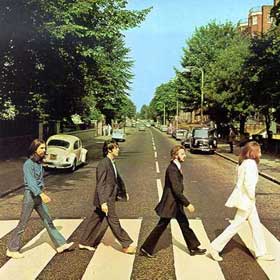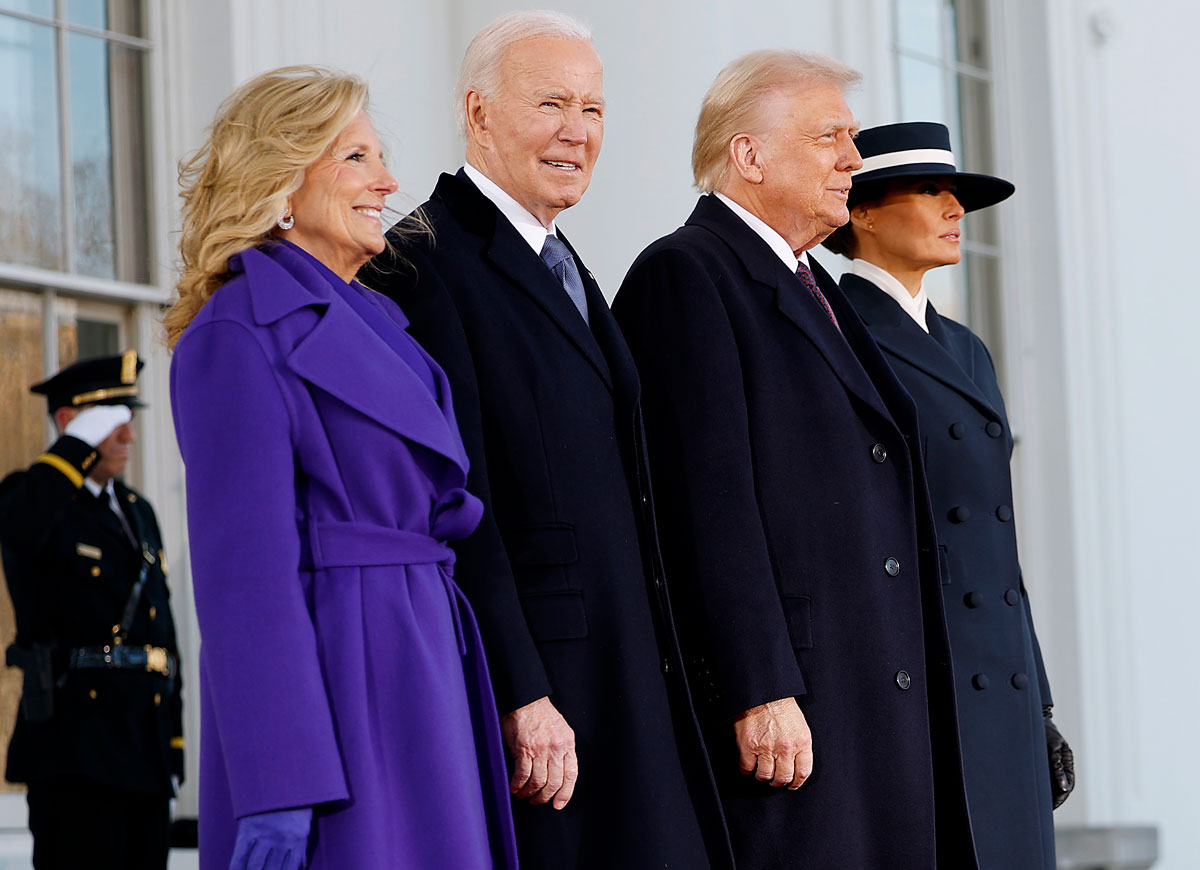The Beatles: No Bigger Band
Today, the world of music is filled with huge stadium-filling performers, one-hit wonders, struggling musicians and everything in between. Though acts will come and go, some grabbing headlines and others fading quickly into the harsh realm of indifference, one band will always stand above the rest: The Beatles.
The music industry is a living entity. It grows, changes, progresses, digresses and influences the people around it. As times change, it’s only natural that the music world changes too. Since the advent of recording, just a hundred years ago, music has become more and more of a commodity — something that is used, manipulated and exploited. It is this change within the musical industry that is responsible for why The Beatles will forever be the band with the most fans.
Obviously The Beatles haven’t been “the band of the day” for decades now. This isn’t what I mean by “the biggest band ever”. There will always be different people at number one on the charts. I am saying that there will never be another band that has as many fans as the Beatles had in their prime. The music industry is too saturated with micro-cultures. In essence, everyone likes something different these days.
When The Beatles began making a name for themselves in the early 1960s, the music industry was primed to create megastars. Televisions were finally a regular fixture in homes, the radio was still used to discover music and record labels were in high profitability. Also, there was only one means of listening to self-chosen music, the ol’ record player.
The limited musical outlets that existed during the sixties are the reason for people’s limited exposure to music. People listened to what was on the radio; it was AM or FM, mainstream or counterculture, The Beatles or the Stones. After all, the sixties were a time of great division and cultural deviance. People were disassociating themselves from societal norms in the most mainstream way in American history. So, why does this yield the most famous band ever?
Since those radiant flower child days, the industrialized world has become increasingly separated in one important way. There are more micro-cultures today than ever. With every new fad there is a new patron who will stay dedicated (see: segments of the population who still hold on tightly to grunge, punk rock, metal, jam bands, ’80s pop, etc.). Certainly the tight jeaned, plaid shirt-wearing hipster will also have its patrons for years to come, even when the trend goes out of style.
All these micro-cultures breed eclectic interests. Everyone has his or her own canon of music and it’s impossible to find someone else with the exact same taste. For this reason, the chances of people coming together and liking one band as much as they once liked The Beatles are negligible. Go ahead, ask someone in the baby boom generation. I bet three out of four of them will say they love The Beatles. When the next generation asks us about our band from today, the answer will be much less consistent.
Not only is this true, but who will our generation even mention as the “artist of our time"? The ’50s had Elvis, the ’60s had The Beatles, Elton John owned the ’70s and the ’80s belonged to Michael Jackson. But who has been the biggest since? Whoever it is, they don’t have the shadow of a chance at becoming as large, influential and universally loved as The Beatles. Nah, no one will.
Get the most-revealing celebrity conversations with the uInterview podcast!






Leave a comment